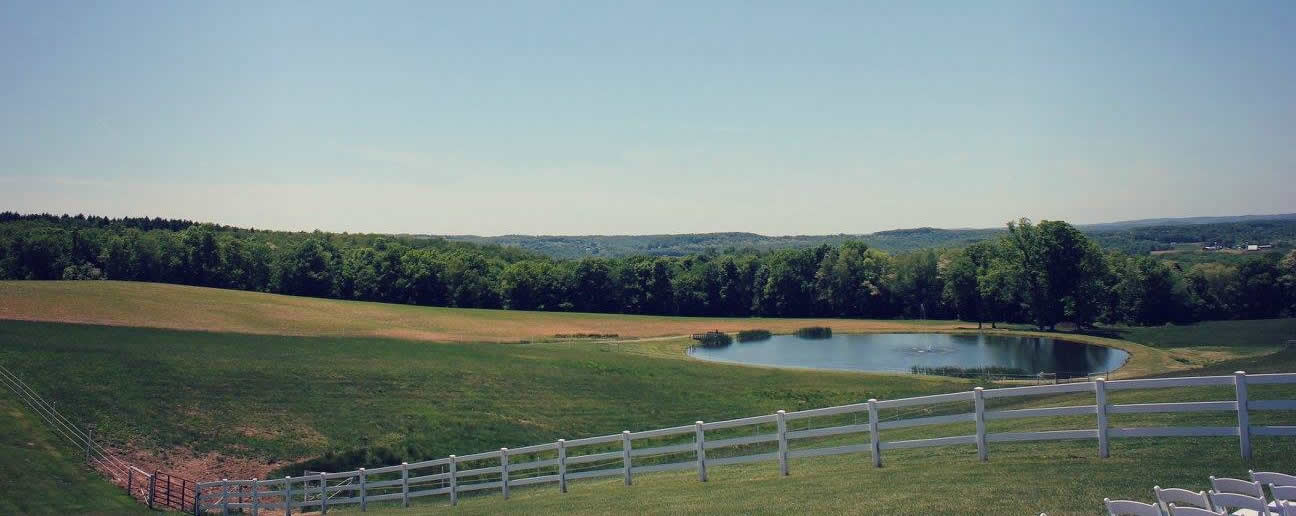
Remember these are general guidelines and are not state-specific. Daily life constantly changes during a pandemic, so the best thing you can do is contact your state agricultural agency about specific situations.
Information provided by E|H ExtensionHorses.org